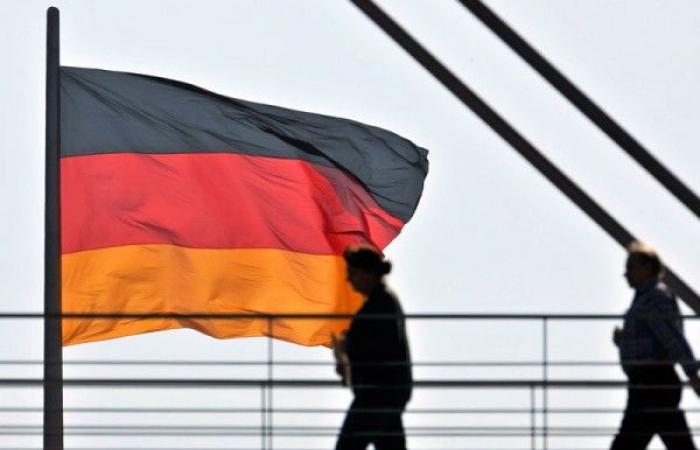The rise in prices accelerated by 0.4 points, a third monthly increase in a row, according to a first estimate from Destatis. Factset experts expected inflation to be 2.4% annually.
Inflation in Germany rose to 2.6% year-on-year in December, higher than expected, but the rise in prices in Europe’s largest economy was generally controlled in 2024, after two years of galloping inflation.
The rise in prices accelerated by 0.4 points in the month of December, a third monthly increase in a row, according to a first estimate from the federal institute Destatis.
Experts from the Factset financial platform were forecasting inflation at an annual rate of 2.4% for December.
Serving as a benchmark for the ECB, the harmonized price index climbed to 2.9% over one year, also surprising Factset analysts.
These figures prove that “the summer celebrations of victory over the inflation monster were premature,” according to Carsten Brzeski, analyst for ING.
In December, service prices rose slightly to 4.1%, while food prices rose 0.4 points over the Christmas period to 1.1%.
But over the year as a whole, the inflation rate in Germany was reduced to 2.2% after reaching 5.9% in 2023, thanks to the decline in energy prices which had exploded at the start of the Russian war in Ukraine.
This slowdown in prices has, among other things, enabled the European Central Bank to make four cuts in its reference rate since June.
After reaching its historic high of 4% in 2023, it stands at 3% and could fall further if disinflation in the euro zone is confirmed, declared ECB President Christine Lagarde in December.
But this figure could cool the guardians of the euro, believes Carsten Brzeski, expert from the ING bank, according to whom “the specter of “stagflation” (low growth and high inflation) is back, at least in the short term” in Germany.
In December, inflation also started to rise again in Spain and Portugal, to 2.8% and 3.0% respectively over one year.
The outlook for the fight against inflation remains “favourable” in Germany, says Stephanie Schoenwald, an expert at the KfW bank, because “the catch-up in price increases is coming to an end and wage increases are slowing down”.
For now, the ECB has lowered its inflation forecast in the euro zone for 2025 to 2.1%, still closer to its 2% target.
The fight against inflation is cited as one of the priorities of German citizens for the legislative elections on February 23, according to a survey by the INSA institute for the newspaper Bild.






